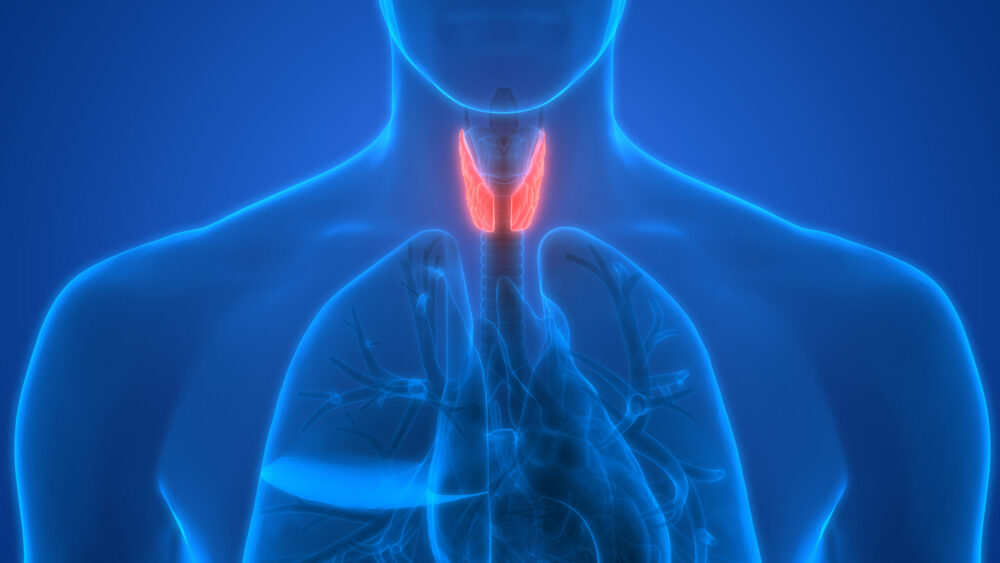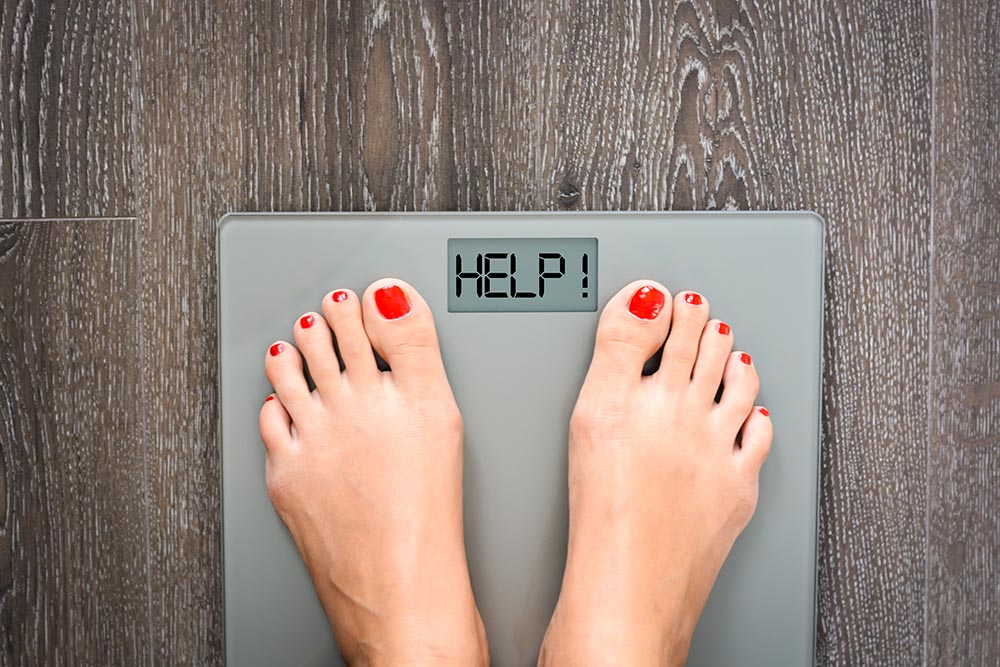As doctors, we knew we needed to get you some pertinent information about the coronavirus (official name COVID-19) issue our country is facing. The trouble was determining what information is important to provide to you given the vast amount of very politicized media coverage that’s being put out there every day. That, combined with the fact that the information is changing so rapidly, made this one of the most difficult articles to write.
Where we’d like to begin is by telling you that the information contained here came from the most credible sources we could find and include: The Centers for Disease Control and Prevention (CDC), the World Health Organization, the National Institutes for Health, the American Medical Association and Harvard Medical School. Now, the news has made this into quite a health crisis and it’s been scary. Aside from these sources of news, the major news outlets that Harvard considers to have deep expertise in health reporting include only these sources (please note that not one of these is a 24-hour TV station): The New York Times, The Washington Post, and The Boston Globe’s STAT News.
Now that we’ve cleared up where you should be looking for credible and up to date information on the Coronavirus, let’s look at the fact that according to the CDC, although the news of this virus has been scary, the truth is the most threatening virus in our country right now is the flu. There have been 26 million cases of the flu reported this season and up to 25,000 deaths already, and this is not even considered to be a particularly severe flu season. It’s merely that coronavirus has gotten more news coverage. Nevertheless, given its status as a brand new virus, the World Health Organization has declared the coronavirus “a public health emergency of international concern.”
Here’s what you need to know about how the coronavirus spreads, how to prevent it, and how to recognize the symptoms of it. Much like the flu virus, the coronavirus spreads between people in close contact, within 6 feet of each other via respiratory droplets produced when an infected person coughs or sneezes. These droplets can then be inhaled and infect people in the near vicinity. There is some conjecture that you can also get it by touching a surface or object that has droplets of the virus on it and then touching your eyes, nose or mouth, but that’s not the main way it’s thought to be spread, and you cannot get it from products manufactured or shipped from China according to the CDC, as it does not live that long outside the host’s body.
Given this information about how it is spread, the way to prevent getting the disease is also similar to avoiding other viruses such as the flu or cold virus.
- Avoid close contact with people who are sick with the disease. People are thought to be the most contagious when they are showing the most symptoms or are the sickest.
- Wash your hands often with soap and water for 20 seconds. What do we mean by often? Wash your hands before eating, after going to the bathroom, after blowing your nose, coughing or sneezing. Washing with soap and water is the best way, but if these are not available then use an alcohol based hand sanitizer with at least 60% alcohol in it.
- Sanitize, and disinfect surfaces and frequently touched objects (like your cell phone!) with disinfectant sprays or wipes that contain alcohol.
- If you are well, the CDC says you do not have to wear a facemask, but they do recommend them for people in the healthcare industry. They also recommend wearing them if you are sick yourself with flu-like or cold symptoms.
The symptoms of the Coronavirus are very similar to the flu and this disease kills in the same way as well. Symptoms include: a fever, cough or shortness of breath or other signs of respiratory infection. The symptoms can appear in as few as 2 days or as long as 14 days after being exposed to the virus. If you develop symptoms such as these within 14 days of traveling to China or another affected area, or if you’ve had close contact with someone showing symptoms who has recently traveled, you should call and make a doctor’s appointment and be sure to tell them about your recent travel or close contact with someone who did. This will help us work with the state’s public health department or the CDC to determine whether or not you should be tested for COVID-19. The virus is particularly dangerous for people who have a weakened immune system such as infants, elderly people or those with compromised immune systems. These types of people risk developing more serious infections such as bronchitis or pneumonia. In fact, many of the people who died of the disease in China were originally diagnosed with viral pneumonia.
If you do show signs of these symptoms, you need to sequester yourself away from other people and animals in your home and you should say home except to get medical care. Avoid being in public, including using public transportation, and even use a separate bathroom at home if that’s possible. Wear a facemask when around others, cover your coughs and sneezes and wash your hands after every time you cough or sneeze. Clean any surfaces you touch regularly. Monitor your symptoms and get medical attention if your illness gets worse, particularly in terms of having difficulty breathing. If this happens, call 911 and be sure to notify the dispatch personnel that you have or are being evaluated for COVID-19.
Let’s be clear about something here too, although the virus originated in China, viruses do not target people from a specific population or ethnicity. So while traveling to China at this time could open you to the possibility of getting the virus, people of Chinese or Asian descent here in the U.S. do not have the disease. So don’t overreact and place a social stigma on people of Asian descent.
One of the reasons people are scared is that we currently have no approved antiviral medication for this particular virus. As such treatment is supportive treatment. However, for the sickest patients, aggressive care in an ICU can be lifesaving.
The bottom line is this; you can prevent getting this disease yourself in the same ways you protect yourself from getting the flu, minus getting vaccinated (Given that you are more likely to catch the flu this season, we highly recommend coming in and getting the flu vaccine.). And if you do start to show signs of respiratory infection, please be sure to let your primary physician know right away and sequester yourself away from others. This way we are all doing what we can to prevent the spread of this disease. Contact us at PremierMD Care, where your health and well-being are our biggest priority! (239)500-6363 #SWFLconciergedoctors #coronavirus



